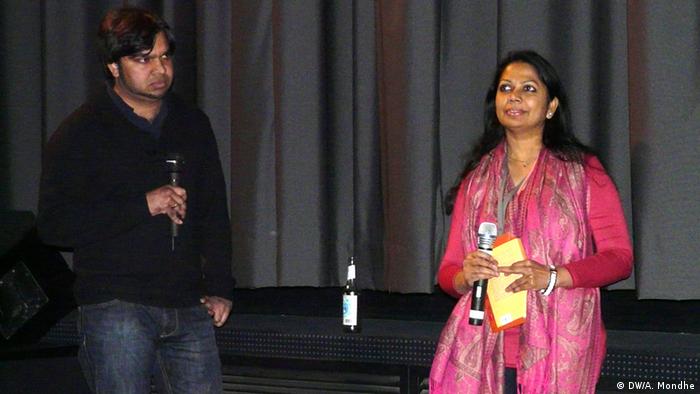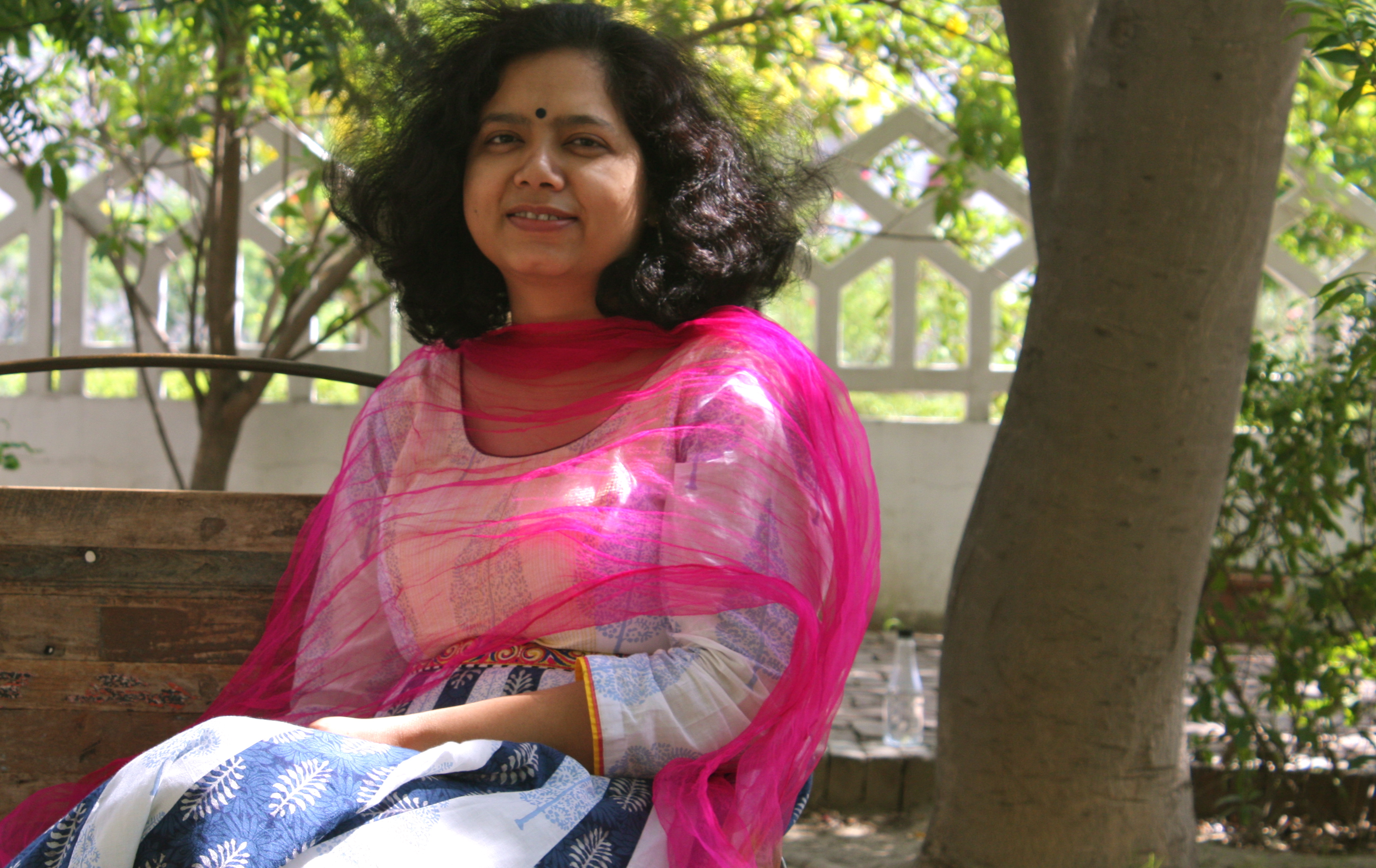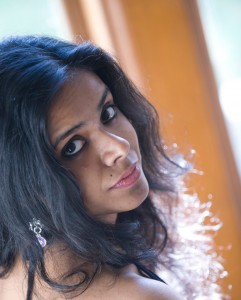Rajati, the princess
“They use us when they need us.” During the 20-minute-interview with Salma and while watching the hour-long documentary on her life, this one sentence kept haunting me.
Salma, is her pen name. Born to a family with five girls, her father didn’t like her being a girl. She was sent to her grandmother, who called her Rajati, a tamil word which means princess- not a very common pet name for muslims.
Young, beautiful Rajati was barred from going out of the house as soon as she entered in puberty. No School, no friends, no going out. She fought with her fate and paved her way through to her only love – reading. She asked her younger brother to bring back books from the village library.
Her friends were Fyodor Dostoyevsky, Anton Chekov and other Russian writers. Locked in within the four walls of her village home in Southern India, Salma’s window to the world were her books. Closed in the cage, her mind was full of thoughts of anger, frustration and the fate of girl children.
At the tender age of 13, she was asked to marry a boy who was related to the family. He was from a well-known family active in politics. Until then, she had been caged in her home for seven years. For the next several months, she fought against her family, saying she didn’t want to marry a stranger.
Her frustration flowed through her poems, stark and striking expressions of her sexuality and about discrimination against women. She had been lucky that her parents never stopped her from reading and writing. She sent her poems to magazines and also got good responses. She then decided to use Salma as her pen name.

Abha Mondhe met Salma at the Berlinale Film Festival, 2013
Once she married, she faced many more problems. Her new family was strictly against women reading and writing. Her husband threw away her books. But Salma stole bits of paper and hid her poems under the dressing table, between her clothes and in her cupboard.
Sitting next to her husband, she would think, how and when to write, “I used to repeat the lines, tried to learn them by heart, but as soon as I slept, I used to forget the lines. Then I wrote in the toilet, standing there. The pen was hidden in my sanitary napkin box. I used to write and hide them between my clothes. I am thankful to my mother. She used to bring my clothes and took the laundry. I used to give her everything I wrote. She sent them to my publisher.”
Salma remembers, “When my first book got published my mother told my in-laws that there was a marriage in Chennai. We actually went to the launch. Then one day my husband decided that I should fight for Panchayat (local village body) elections. He thought I would win and he could benefit from my administrative powers. I fought the elections and won them. It was a turning point in my life. But I never let my family make me their puppet.”
The documentary shows how Salma’s electoral victory made her famous. Her interview was published with her photograph. Salma says, “My husband was shocked. He didn’t say anything but he was shocked. But later he accepted that I couldn’t live without writing.”
Today she lives with her sons in Chennai and works for women’s welfare. Her poetry books and novel have been published and translated into many languages.
Sitting in an apartment in Chennai, she tries to communicate with her sons, trying to tell them her feelings by reading out her poems to them. None of the boys seems interested. Salma says, “You know I never wanted to give birth to boys. I wanted to be a good mother to a girl child…”
Her eyes begin searching for something very far on the horizon and I hear her as she recites some lines from her poem:
“Today or tomorrow
Tomorrow
Or a day after that
Life will come to us.”
Author: Abha Mondhe
Editor: Manasi Gopalakrishnan






